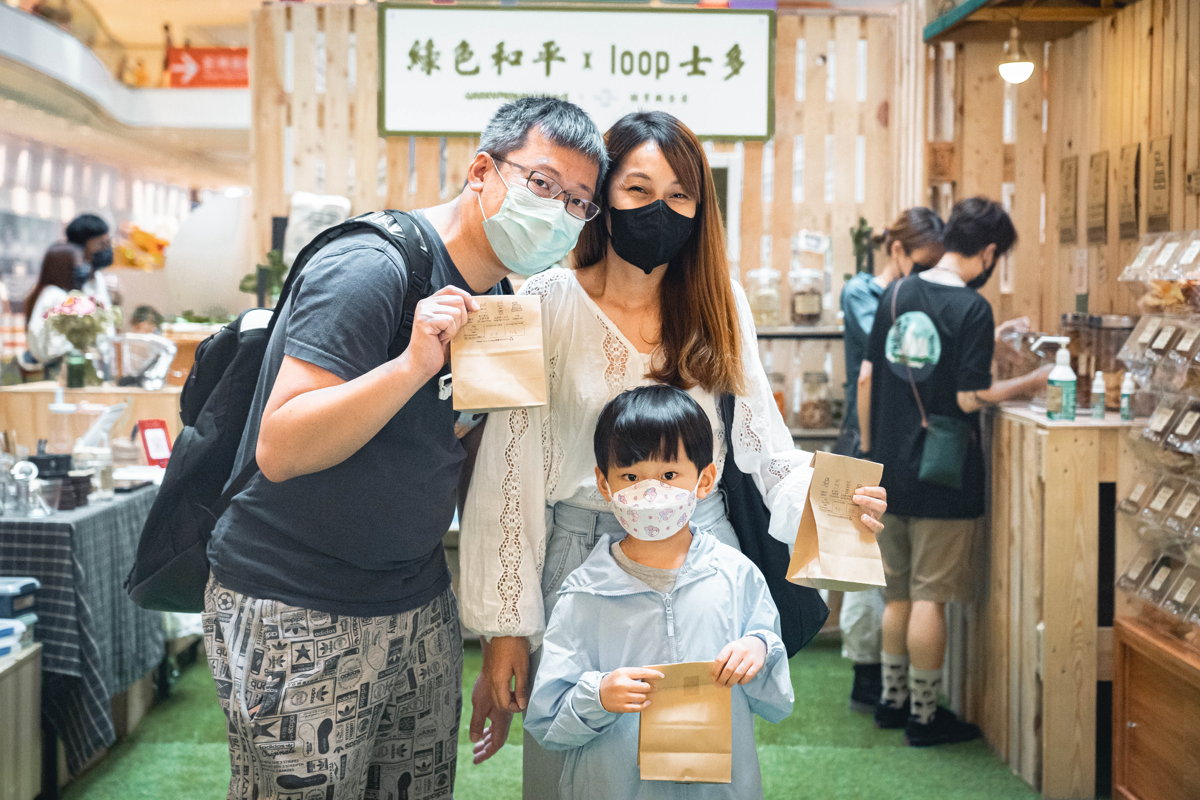“The scale of GE contamination is truly shocking,” said Li Yifang, Head of Food and Agriculture Campaign, “China has strict and clear regulations on GE, and the ongoing production of GE corn in Liaoning province breaks these regulations on multiple levels.”
The investigation was carried out from May to December 2015. A combination of rapid testing, sampling and laboratory testing by a third party was used. Samples were taken from five corn growing counties in Liaoning Province from the three main stages of corn production; agricultural seed supplies (supply), fields (production), and local grain silos, markets and supermarkets (distribution). All stages showed a high level of GE contamination. The patents of the discovered GE corn strains belong to international companies Monsanto, Syngenta, Du Pont Pioneer and Dow Chemical.
China’s strict GE regulations only permit the import of GE crops for use as raw materials. At present, no strains of GE corn are allowed to be commercially produced in China. Moreover, products containing imported GE crops must be labelled in order to ensure consumers’ right to know and right to choose.[1] The production of illegal GE corn, which has most likely already entered the supply chain, is in direct violation of this right.
Illegal GE corn cultivation also poses a major risk to local ecosystems, exposing native plants to new competition and the risk of contamination via gene flow.
Greenpeace concludes that an extremely lax and disorganised seed market management system in China has allowed for the production and distribution of illegal GE corn.
“The government must immediately investigate the origins of this large scale GE contamination and implement measures to ensure that this never happens again,” said Li Yifang.
Greenpeace also calls on the government to establish a regular system of seed inspection before the sowing period each year and to establish a strict and comprehensive system to supervise research, breeding and cultivation of GE products. The government should exercise extreme caution in the commercialisation of any GE crops.
GE is not a solution to food security or safety. Greenpeace urges the Chinese government to shift resources to the promotion of ecological agriculture, a more sustainable and safe form of food production.
Images: http://photo.greenpeace.org/shoot/27MZIFJ6TDC43
Media contact:
Tom Baxter,
International Communications Officer, Greenpeace East Asia,
email: [email protected]
phone: +86 188 1134 4861
Greenpeace International Press Desk
email: [email protected],
phone: +31 (0) 20 718 2470 (available 24 hours)
Greenpeace stands for positive change through action to defend the natural world and promote peace. We are a non-profit organisation with a presence in 40 countries. To maintain its independence, Greenpeace does not accept donations from governments or corporations but relies on contributions from individual supporters and foundation grants.www.greenpeace.org/eastasia



